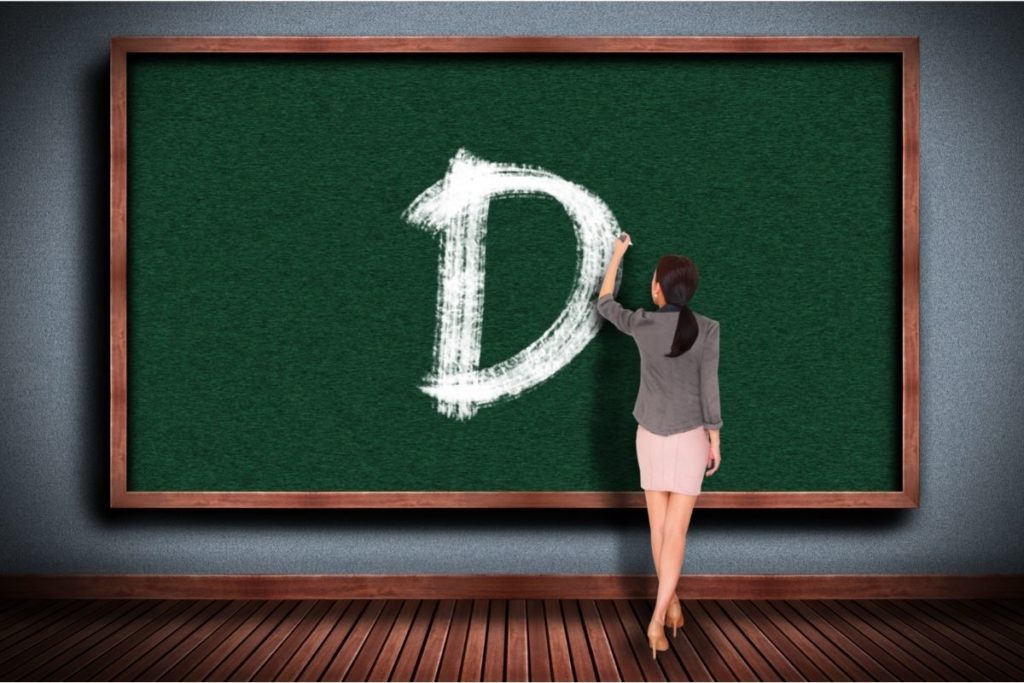The Center for Education Reform, a non-profit dedicated to expanding educational opportunities, just released its 2022 rankings of states’ charter school laws, finding that 14 states improved their charter laws during the Covid crisis.
How did New Jersey do?
It’s not one of the14. In fact, according to CEF, New Jersey is an outlier in a different way:
A continued and relentless assault on charter school growth by the Murphy Administration has education advocates and charter school leaders fuming. Petitions to start and to expand charter schools – which must endure a heavy handed state cumbersome and establishment-focussed Department of Education—are being regularly denied for no reason other than teachers unions and district demands, costing New Jersey two spots in the national rankings and dropping their score from a C to a D for the first time in history.
Here is CEF’s full analysis:
AUTHORIZERS:
The commissioner of education (who represents the state department of education) is the sole authorizer. Charter school applicants may submit applications to the local school board and the commissioner. If the local district is under state intervention, applications may be submitted to the state district superintendent for consideration but the only the state education commissioner can approve. Denied applications may be appealed to the appellate division of the state superior court. NJ is the only state in the country whose appeals go to a court.
GROWTH: While New Jersey does not cap the number of charter schools in the state, the state education department operates a defacto cap on new approvals and growth.
OPERATIONS: Instead of granting charters blanket waivers from operational rules to provide maximum freedom, charter school operators must request freedom from specific regulations in their charter applications. That puts the burden on schools to wade through a morass of state rules. Teacher and principal certifications cannot be waived however there are alternative routes available in the state.
EQUITY: 90% of the per-pupil program budget or 90% of the “thorough and efficient funding” amount is supposed to go directly to the charter school for their students, along with state and federal categorical funds. The total funding that charter schools receive is often much less than districts because they do not receive “adjustment aid” from the state. Also, districts can charge charters up to ten percent of per pupil funding to cover administrative fees. New Jersey’s law does not provide any facilities funding.




